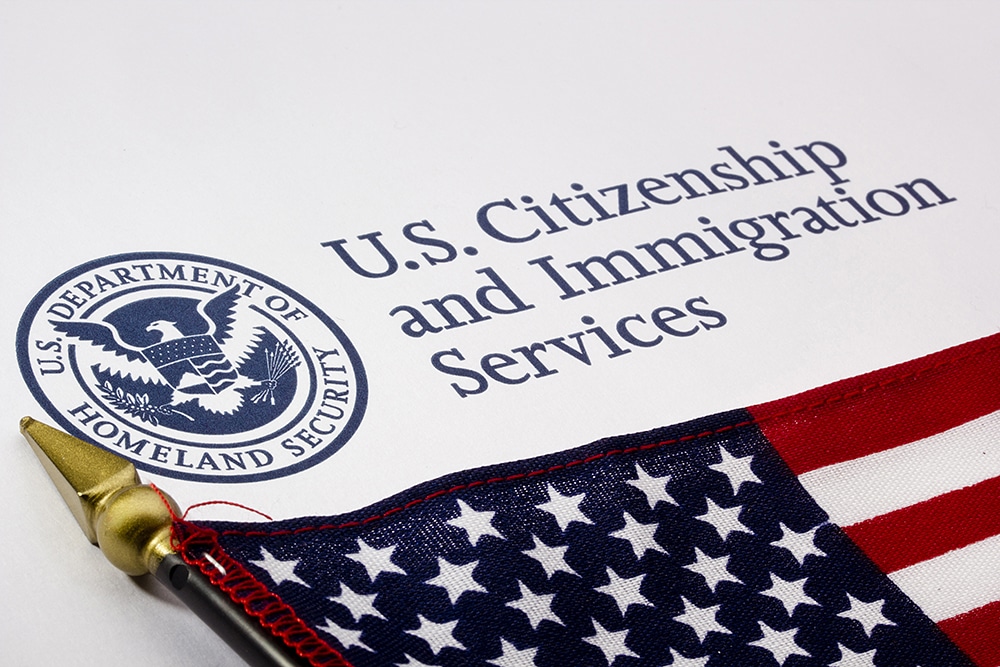From regulations designed to significantly alter the H-1B program to travel and visa bans, the immigration landscape has changed at a fast and furious pace over the last 4 years. Many legal practitioners expect more of the same during the Biden administration.
After the November elections, comprehensive immigration reform and a path to citizenship for Deferred Action for Childhood Arrivals (DACA) program beneficiaries are suddenly back on the political agenda. Here are the top five immigration expectations employers should have over the next 4 years.
1. H-4 Spousal Work Authorization Rule Here to Stay
Despite being in a constant state of flux over the last several years, the H-4 spousal work authorization rule finally appears to be safe. In 2015, the Obama administration implemented a new rule permitting certain H-4 spouses to receive an employment authorization document (EAD).
To qualify for an EAD, the H-4 individual’s H-1B spouse must be the beneficiary of an approved, employment-based immigrant (green card) petition or have been granted a special H-1B extension beyond the normal 6-year maximum because of green card backlogs.
Under the Biden administration, companies should be able to continue relying on H-4 EAD workers to supplement their labor force in the future.
2. DACA Preserved (and Possibly Expanded)
Over the past few years, the DACA initiative has been wound down in its entirety by the Trump administration. Then, it was continued because of a 5-4 U.S. Supreme Court decision before being expanded by a December 2020 federal district court ruling, again allowing full implementation.
The Biden administration has already announced plans to direct the U.S. Department of Homeland Security (DHS) and the attorney general to take action to preserve the DACA program. The president’s proposed immigration plan also is expected to include an immediate pathway to citizenship for program beneficiaries, including potential green card status after a 5-year period.
3. I-9 Enforcement Won’t Stop
While the Biden administration has indicated an intent to limit Immigrations and Customs Enforcement’s (ICE) work-related activity to arrests and deportations, the change in leadership could result in a renewed emphasis on I-9 worksite enforcement.
The Obama administration nearly doubled I-9 audits from 2009 until 2013 and levied millions of dollars in fines, including a settlement with retailer Abercrombie & Fitch that cost the company more than $1 million.
Under the Biden administration, I-9 compliance should be a top area of emphasis for employers, especially considering the rules have been relaxed during the COVID-19 crisis. Internal I-9 audits should be a priority in 2021.
4. H-1B ‘Sunset’ Regulations Quickly Halted
Over the past 6 months, several H-1B visa-related regulations were implemented or put forward for implementation. The rules were intended to (1) increase the prevailing wage paid to H-1B applicants, (2) redefine the definition of “specialty occupation,” and (3) limit the placement of H-1B beneficiaries at third-party worksites.
The Biden administration has announced its intent to implement a 60-day delay on all regulations set to go into effect so they can be properly reviewed. The new H-1B rules also are likely to see scrutiny under the Congressional Review Act. Given the circumstances, it’s unlikely any of the new rules will affect the H-1B cap filing season, which starts in March 2021.
5. Comprehensive Immigration Reform Back on the Table
Almost every president in the 21st century has sought to address comprehensive immigration reform. In addition to the pathway to citizenship for DACA beneficiaries, employment-based immigration reform would likely address:
- Employment-based immigrant backlogs, including a possible backlog exemption for those working in science, technology, engineering, and mathematics (STEM) fields;
- Nonimmigrant visa changes including modifying the H-1B lottery system and expanding certain visa categories;
- Increased interior (i.e., away-from-the-border) enforcement of I-9 rules; and
- Border control.
President Joe Biden has pledged to tackle comprehensive immigration reform in the proposed U.S. Citizenship Act of 2021.
Melissa Azallion Kenny and Jonathan C. Eggert are attorney members of the immigration team at Burr Forman in Hilton Head, South Carolina. You can reach them at makenny@burr.com or jeggert@burr.com.
The post Top 5 Immigration Predictions Under Biden Presidency appeared first on HR Daily Advisor.
